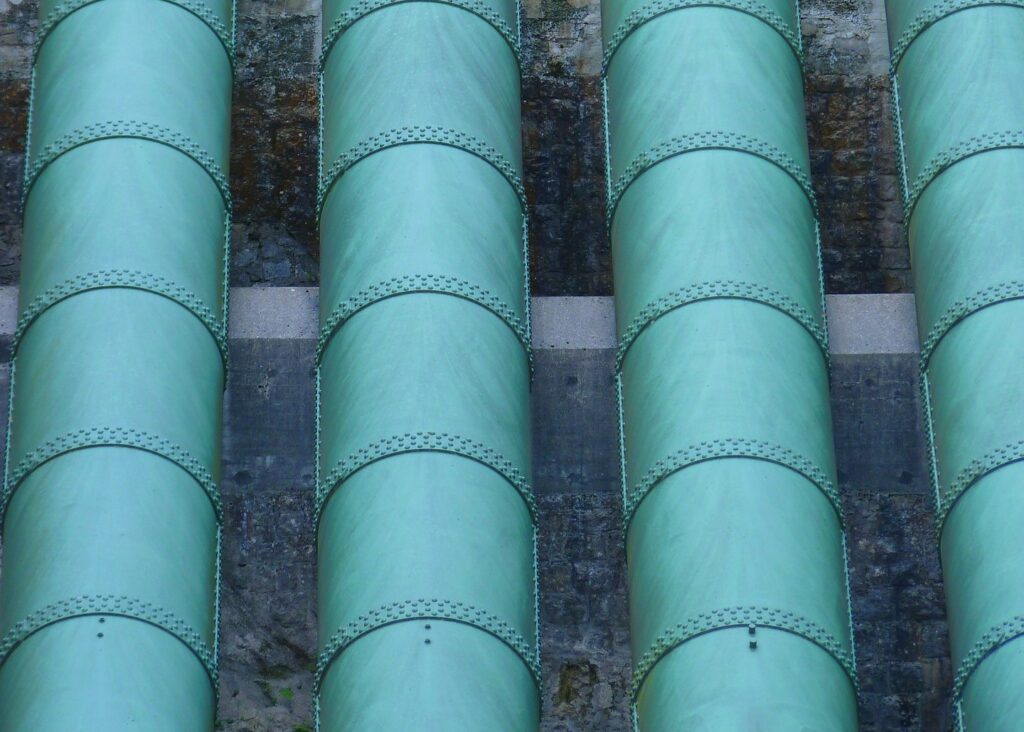In a move to bolster the energy infrastructure in Bavaria and improve technical connectivity in Baden-Württemberg, transmission system operator Bayernets is investing EUR 210 million in a new pipeline named AUGUSTA.
This project is supported by KfW IPEX-Bank, Commerzbank, and DZ Bank, each contributing a third of the total investment.
The AUGUSTA pipeline, stretching 40.5 kilometers, will connect the Wertingen network node in the district of Dillingen an der Donau to the Kötz network node in the district of Günzburg. This infrastructure project is significant not only for its immediate benefits to natural gas transportation but also for its future-proof design. From its inception, the pipeline is constructed to accommodate hydrogen transportation, aligning with long-term energy transition goals.
Andreas Ufer, Member of the Management Board of KfW IPEX-Bank, emphasizes the pipeline’s role in securing long-term energy supply and enabling hydrogen transportation. A pivotal aspect of the AUGUSTA pipeline is its integration with the planned SoutH2 Corridor. This initiative involves four European transmission system operators from Germany, Austria, and Italy, aiming to transport green hydrogen from North Africa to Europe. From 2030, green hydrogen will flow from Algeria and Tunisia to the Austrian-German border at Burghausen and will be distributed in Germany via HyPipe Bavaria.
This connection underscores the strategic importance of the AUGUSTA pipeline in the broader European context, contributing to the EU’s ambitious hydrogen strategy. The SoutH2 Corridor represents a critical component in the EU’s plan to import 10 million tons of renewable hydrogen by 2030, facilitating the transition to a low-carbon economy.
When comparing the AUGUSTA pipeline project to other international efforts, its emphasis on hydrogen readiness stands out. For instance, similar projects in the United States and China are predominantly focused on natural gas, with hydrogen capabilities often considered as an afterthought. Bayernets’ approach positions Bavaria and Baden-Württemberg at the forefront of hydrogen infrastructure development, setting a benchmark for other regions.
